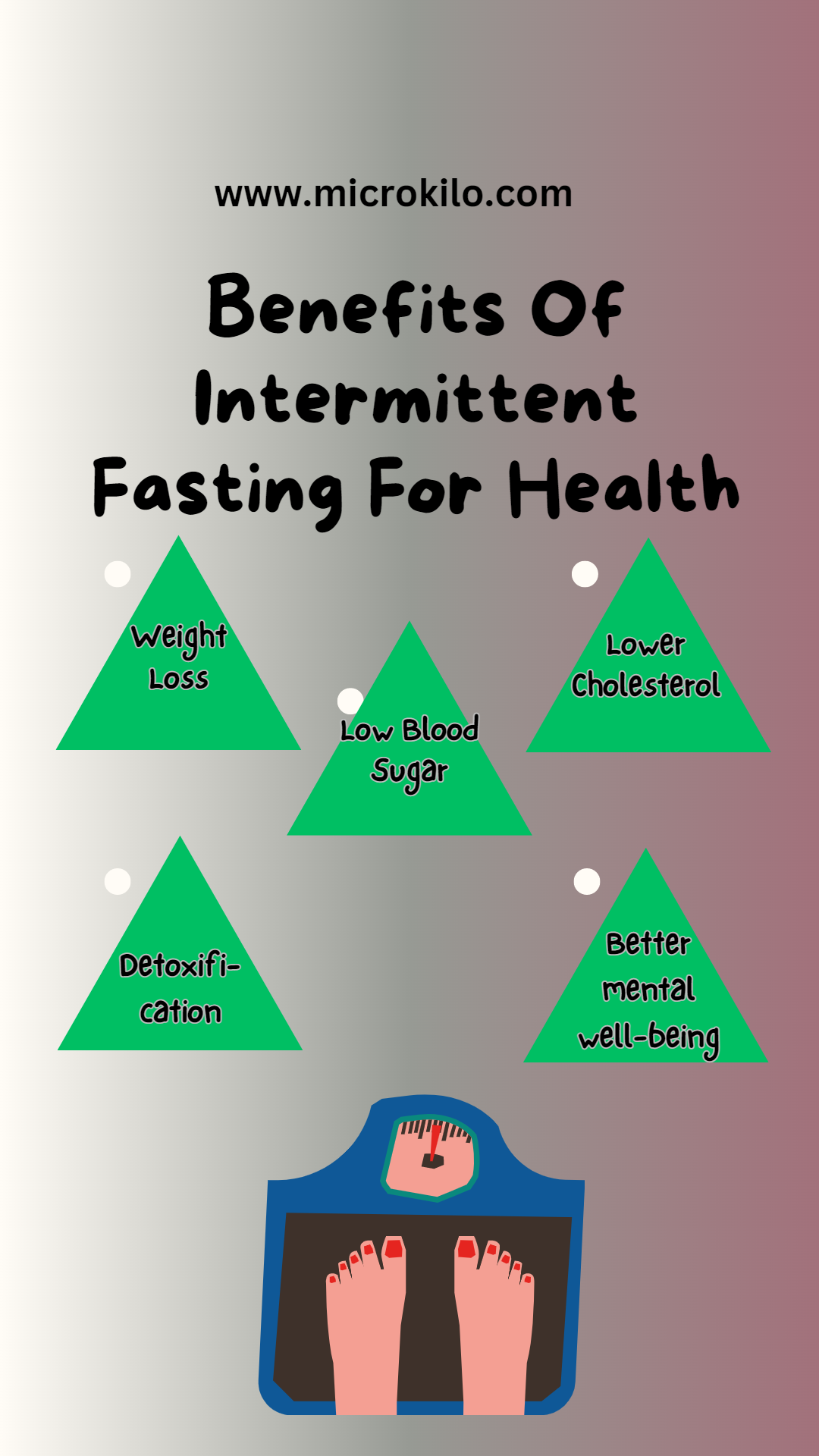Intermittent fasting has become a popular trend in recent years, especially among those looking to lose weight. While it may seem like just another fad diet, intermittent fasting has been around for centuries and has been shown to have several health benefits beyond weight loss.
Intermittent Fasting for Weight Loss: Everything You Need to Know
At its core, intermittent fasting involves restricting food intake for a set period of time, followed by a period of normal eating. There are several different methods of intermittent fasting, each with its own set of guidelines and potential benefits. In this article, we’ll cover everything you need to know about intermittent fasting for weight loss.

What is Intermittent Fasting?
Intermittent fasting is not a diet in the traditional sense, but rather a pattern of eating. It involves restricting food intake for a set period of time, followed by a period of normal eating. There are several different methods of intermittent fasting, including:
- 16/8 method: This involves fasting for 16 hours each day and eating during an 8-hour window.
- 5:2 method: This involves eating normally for five days of the week and restricting calorie intake to 500-600 calories on the other two days.
- Eat-Stop-Eat: This involves fasting for 24 hours once or twice a week.
- Alternate-day fasting: This involves alternating between days of normal eating and days where calorie intake is restricted to 500-600 calories.
- Each method of intermittent fasting has its own set of guidelines and potential benefits. However, they all share the common goal of reducing overall calorie intake.
How Does Intermittent Fasting Help with Weight Loss?
At its core, weight loss is a simple equation: you need to burn more calories than you consume. Intermittent fasting can help with weight loss by reducing overall calorie intake.
When you fast, your body goes into a state of ketosis, where it begins to burn stored fat for energy instead of glucose from food. This can lead to a reduction in body fat and an improvement in body composition.
Intermittent fasting can also help to reduce insulin resistance, which can lead to a reduction in belly fat. Additionally, fasting has been shown to increase levels of human growth hormone (HGH), which can help to preserve lean muscle mass during weight loss.
What Are the Other Health Benefits of Intermittent Fasting?
While weight loss may be the primary goal of intermittent fasting for some, there are several other health benefits that make it worth considering. These include:
- Improved insulin sensitivity: Intermittent fasting can help to improve insulin sensitivity, which can lower the risk of type 2 diabetes.
- Reduced inflammation: Fasting has been shown to reduce inflammation in the body, which can improve overall health and reduce the risk of chronic diseases.
- Improved heart health: Intermittent fasting has been shown to improve several markers of heart health, including blood pressure, cholesterol levels, and triglycerides.
- Reduced risk of cancer: Some studies have suggested that intermittent fasting may help to reduce the risk of certain types of cancer.
Is Intermittent Fasting Safe?
Intermittent fasting is generally safe for healthy adults. However, it may not be suitable for everyone. Pregnant or breastfeeding women, people with a history of eating disorders, and those with certain medical conditions should avoid intermittent fasting or consult with a doctor before trying it.
It is also important to note that intermittent fasting can cause side effects such as hunger, fatigue, and irritability, especially when first starting out. These side effects usually subside within a few weeks as your body adjusts to the new eating pattern.
Tips for Successful Intermittent Fasting
If you are interested in trying intermittent fasting for weight loss, here are some tips to help you get started:
- Start slow: Begin with the 16/8 method and gradually increase the length of your fasting window.
- Stay hydrated: Drink plenty of water, tea, or coffee during your fasting periods.
- Choose nutrient-dense foods: Make sure to eat a balanced diet of whole, nutrient-dense foods during your eating window.
- Be patient: It may take a few weeks for your body to adjust to the new eating pattern and for you to start seeing results.
- Listen to your body: If you experience any negative side effects, such as dizziness or lightheadedness, stop fasting immediately and consult with a doctor.
Conclusion
Intermittent fasting is a safe and effective way to lose weight and improve overall health. By reducing calorie intake, intermittent fasting can lead to weight loss, lower inflammation, and improve metabolic health. If you are interested in trying intermittent fasting for weight loss, start slow, stay hydrated, choose nutrient-dense foods, be patient, and listen to your body.